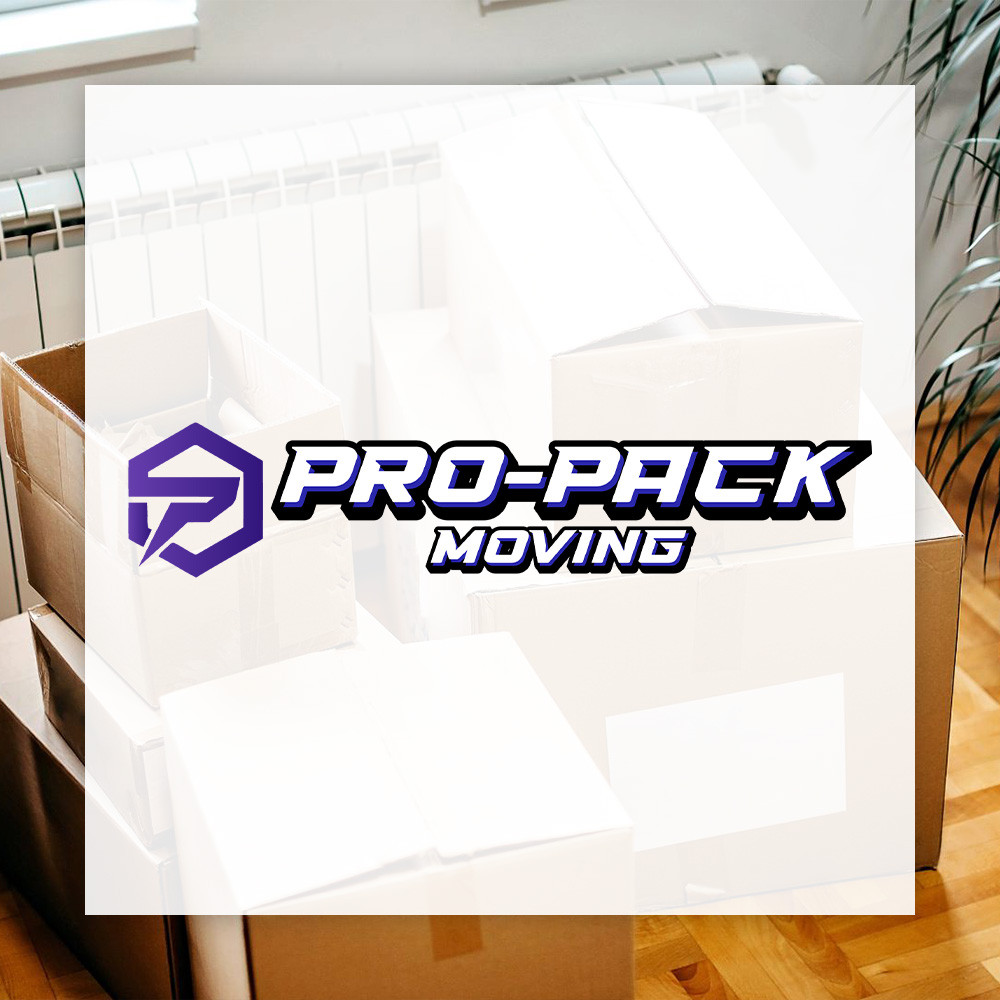Moving can be a stressful and overwhelming experience, but with proper planning and organization, it can be a smooth and successful transition. To create a strategic moving plan, it is important to follow these steps:
Creating a Moving Timeline
Setting a Move Date: Determine the date you plan to move and work backward to create a timeline for packing and other tasks.
Researching Moving Companies: Research and compare moving companies to find the best fit for your needs and budget.
Packing and Decluttering Schedule: Create a schedule for packing and decluttering to ensure everything is ready for moving day.
Selecting A Moving Company
When embarking on the journey of planning and executing a move in 2023, it's essential to consider the advantages of partnering with a reputable local moving company like Pro-Pack Moving of Denver CO. Making the right choice in your moving assistance can significantly impact the entire relocation process. Local movers who have established themselves in your community often bring an in-depth knowledge of the area, offering insights into the best routes and strategies for a smoother transition. This local expertise can translate into a faster and more efficient move, saving you valuable time and reducing the stress associated with relocation. Moreover, trusted movers like Pro-Pack Moving of Denver CO that work locally within the Denver Metro Area typically prioritize customer satisfaction and employ experienced professionals, ensuring that your move is handled with care and expertise, making it more likely to be a successful and hassle-free experience from start to finish. You can also learn more moving tips and tricks when relocating to Denver CO here.
Setting Priorities
When planning a move, it's important to set priorities to ensure that everything goes smoothly. This section will cover three key areas to focus on identifying essential items, deciding on a budget, and making a checklist.
Identifying Essential Items
Before you start packing, take some time to identify the items that are essential to your daily life. These might include things like your bed, clothing, toiletries, and important documents. Make sure these items are packed separately and easily accessible during the move.
Deciding on a Budget
Moving can be expensive, so it's important to decide on a budget before you start making any major decisions. Consider the cost of hiring movers, renting a truck, and purchasing packing supplies. Don't forget to factor in any additional expenses, such as cleaning fees or storage costs.
Making a Checklist
Creating a checklist can help you stay organized and ensure that you don't forget anything important. Start by making a list of all the tasks that need to be completed before the move, such as notifying utilities and services, updating your address, and packing your belongings. Break these tasks down into smaller, more manageable steps and assign deadlines to each one.

Coordinating Logistics
Once you have set a move date and identified your priorities, it's time to coordinate the logistics of your move. This involves notifying utilities and services, updating your address and contact information, and arranging transportation and storage.
Notifying Utilities and Services
Before you move, make sure to notify your utility companies and services of your upcoming move. This includes your electricity, gas, water, internet, and cable providers. You should also notify your bank, credit card companies, and any other important services you use regularly.
Updating Address and Contact Information
It's important to update your address and contact information before you move. This includes updating your driver's license, voter registration, and any other important documents. You should also notify your friends, family, and colleagues of your new address and contact information.
Arranging Transportation and Storage
If you're moving long-distance, you'll need to arrange transportation for your belongings. This can include hiring a moving company, renting a truck, or shipping your items. You should also consider storage options if you need to store your belongings temporarily.

Packing and Labeling
When it comes to packing for a move to Denver CO, it's important to choose the right materials and organize your boxes properly. Here are some tips to help you pack and label your belongings:
Choosing Packing Materials
- Use sturdy boxes that are appropriate for the weight and size of your items.
- Use packing paper, bubble wrap, or foam peanuts to protect fragile items.
- Use packing tape to secure boxes and prevent them from opening during transit.
Organizing and Labeling Boxes
- Label each box with the room it belongs in and a brief description of its contents.
- Use color-coded labels or markers to make it easier to identify boxes at a glance.
- Keep a master list of all your boxes and their contents to help you stay organized.
Packing Fragile Items
- Wrap fragile items individually in packing paper or bubble wrap.
- Use extra padding, such as towels or blankets, to protect delicate items.
- Pack fragile items tightly together to prevent them from shifting during transit.

Managing Moving Day
Moving day can be stressful, but with proper planning and organization, it can be a smooth process. Here are some tips to help you manage moving day:
Communicating with Movers
Make sure you have clear communication with your movers. Confirm the time they will arrive and provide them with any special instructions or requests. If you have any questions or concerns, don't hesitate to ask.
Supervising Loading and Unloading
It's important to supervise the loading and unloading process to ensure that your belongings are handled with care. Make sure that fragile items are properly packed and labeled, and that heavy items are lifted safely.
Conducting a Final Walkthrough
Before leaving your old home, conduct a final walkthrough to make sure that everything has been packed and loaded onto the moving truck. Check all rooms, closets, and cabinets to ensure that nothing has been left behind.


























